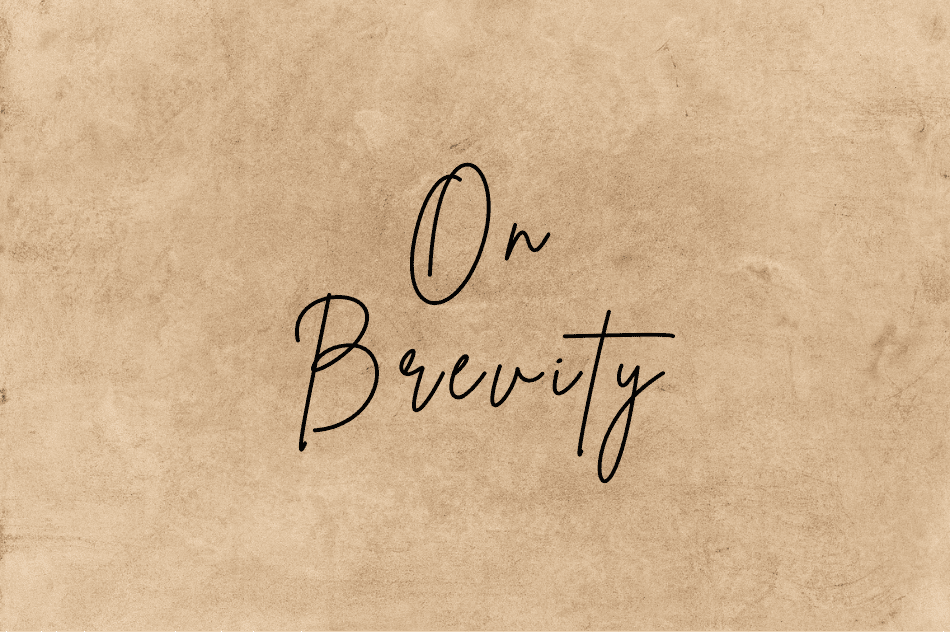I’ve been catching up on the last two seasons of “The Marvelous Mrs. Maisel”—a worthwhile watch for any writer because it’s all about a character finding her voice, both on the stage and off. In a memorable episode, her father has been hired as a theater critic for The Village Voice, and assigned to review a play produced by another family at their synagogue. He comes to the newspaper office after the performance, clearly perturbed, scribbles a single sentence, and hands it to his editor. The review reads, in its entirety:
Your mother might like it.
The editor is not pleased. He has space on the page to fill, and can’t abide a one-sentence review. The truth is that the critic hated the play, but he doesn’t want to hurt anyone’s feelings by saying so. Predictably, the editor pushes him to publish a long, colorful rant, and antics ensue.
But I couldn’t stop thinking about that one sentence.
Because it was better than the rant, and not just kinder. That sentence said it all, in five words that might have seemed hasty in the scene but were actually chosen wisely.
Your mother might like it.
We know exactly what sort of play it was. We know exactly what he meant. And we know what he thought of it, without him saying so.
Brevity Is Memorable
When I was editing Writer’s Digest, we had a popular back page column called “Reject a Hit,” where readers would submit cheeky faux rejection letters of books that had gone on to great acclaim. (It was great fun to dream up editors who were missing the point.) Our unanimous staff favorite was a letter that came in rejecting Strunk and White’s The Elements of Style, which of course is a book all about being as brief as possible. The rejection letter said only this:
No.
Our running joke was that it was the only time Writer’s Digest had ever paid $300 for a single word. It was the flat rate for the column, which normally ran closer to 600 words at 50 cents each. It was also wildly creative and brilliant on the writer’s part. (And the only one I can still recall verbatim all these years later.)
Brevity Is Powerful
I have always been the sort of writer who finds it much more difficult to write short than to write long. (This will shock no one who’s ever met me in person.)
There’s something to be said for writing out that colorful rant or the long speech or the circular dialogue, even if only to figure out what you’re trying to say. But once you do, it’s often worth the effort to sum it all up more succinctly.
So go on.
Do.





